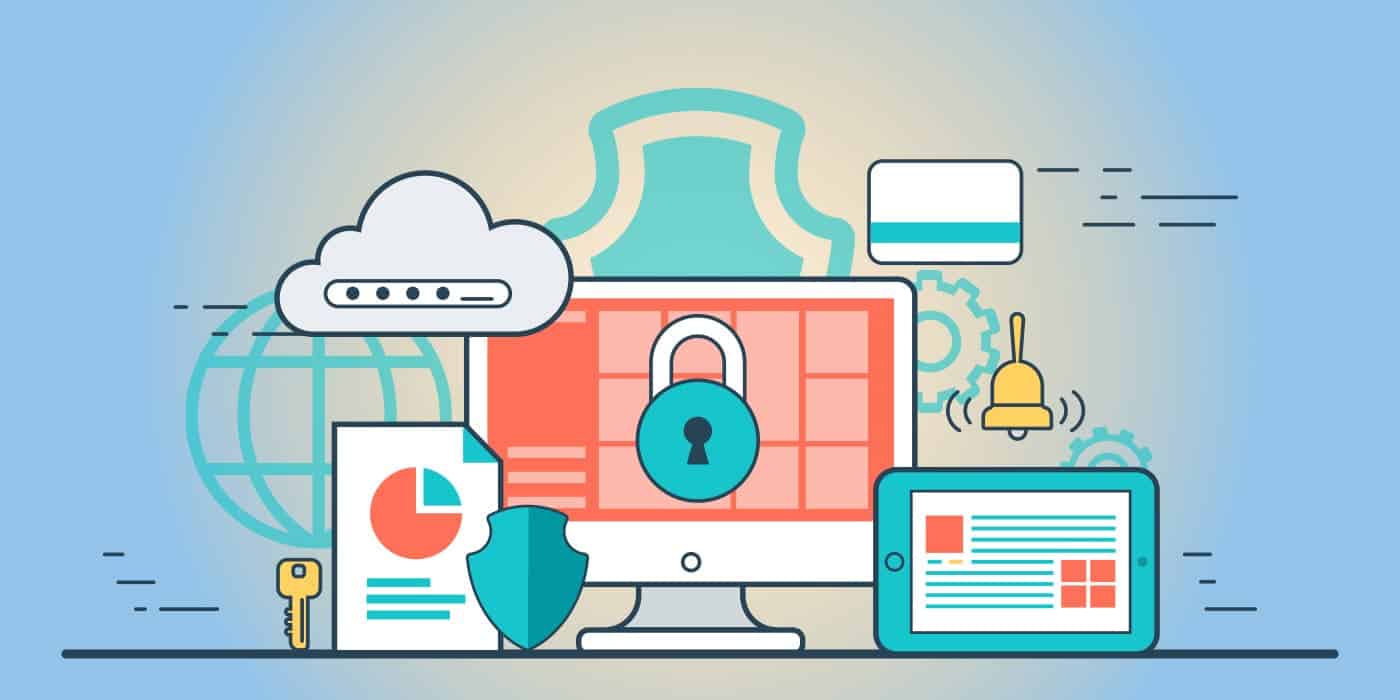
Licence
A license (American English) or licence (British English) is an official permission or authorisation to do, use or possess something (as well as the document of that permission or authorisation).
A licence is granted by one party to another party as part of an agreement between those parties. In the case of a licence issued by a government, the licence is obtained by applying for it. In the case of a private party, it is through a specific agreement, usually in writing (such as a lease or other agreement). The simplest definition is "A licence is a promise not to sue", because a licence usually either allows the licensed party to engage in an activity that is illegal, and subject to prosecution, without the licence (e.g. fishing, driving a car, or operating a radio or television station), or allows the licensed party to do something that would infringe the rights of the licensed party (e.g. making copies of a copyrighted work), which, without the licence, the licensed party could be sued, civilly, criminally, or both.
In particular, a licence may be issued by the authorities to allow an activity that would otherwise be prohibited. It may require payment of a fee or demonstration of capacity (or both). The requirement may also serve to keep the authorities informed about a type of activity, and to give them the opportunity to set conditions and limitations.
A licensor may grant a licence under intellectual property laws to authorise a use (such as copying software or using a patented invention) to a licensee, saving the licensee from an infringement claim brought by the licensor. An IP licence commonly has several components in addition to the licence itself, including a term, a territory, renewal provisions, and other limitations deemed vital to the licensor.
Duration: Many licences are valid for a certain period of time. This protects the licensor in case the value of the licence increases, or market conditions change. It also preserves enforceability by ensuring that no licence extends beyond the term of the agreement.
Territory: A licence can establish which territory the rights relate to. For example, a licence with a territory limited to "North America" (Mexico/United States/Canada) would not allow the licensee any protection from actions for use in Japan.
Again, a concise definition of a licence is "a promise by the licensor not to sue the licensee". This means that without a licence, any use or exploitation of the intellectual property by a third party would amount to copying or infringement. Such copying would be improper and could, using the legal system, be stopped if the owner of the intellectual property wished to do so.
Intellectual property licences play an important role in business, academia and broadcasting. Commercial practices such as franchising, technology transfer, publishing and merchandising of characters depend entirely on the licensing of intellectual property. Territorial licences (proprietary licences) and IP licences.




